"I'm a Black barrister working in a broken justice system"
Alexandra Wilson is a 26-year-old barrister speaking out about sexism, racism and class inequality at the very heart of the legal system. She shares her disturbing experiences, and why activism will make a difference.
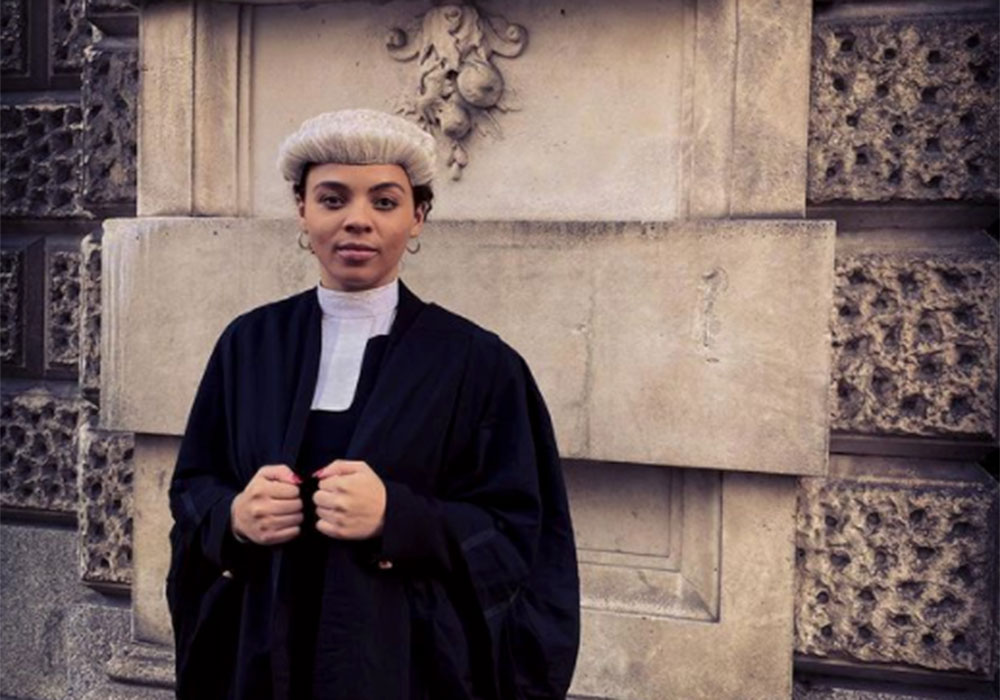
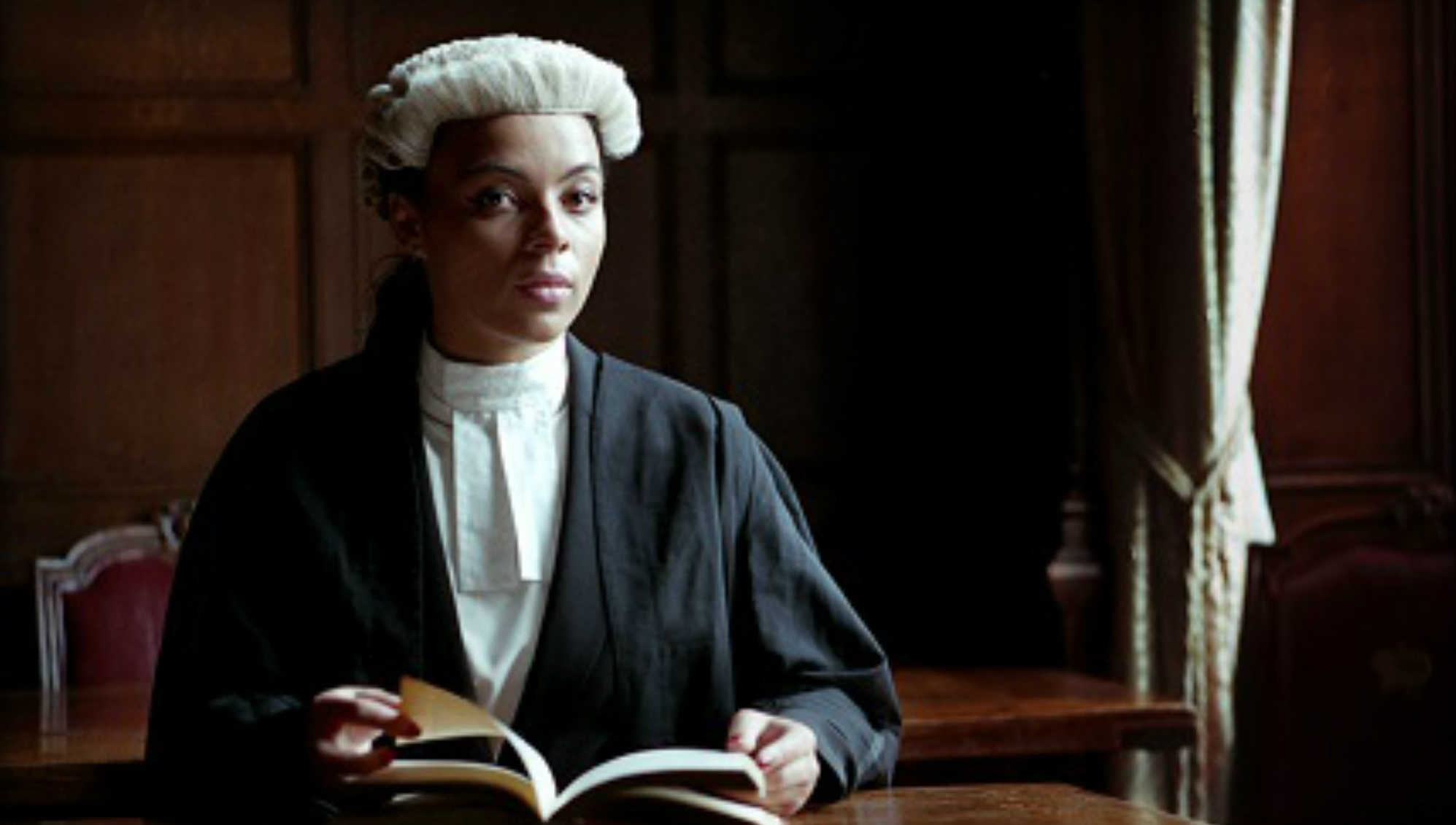
Alexandra Wilson is a 26-year-old barrister speaking out about sexism, racism and class inequality at the very heart of the legal system. She shares her disturbing experiences, and why activism will make a difference.
A government review earlier this year concluded that the UK "no longer" functions in a way that disadvantages individuals from ethnic minorities. It added that the country had successfully removed racial bias from both education and the economy, and noted that the UK "should be regarded as a model for other white-majority countries."
But that simply isn't the case, according to those who continue to experience racial discrimination in the workplace and elsewhere.
This piece written for Marie Claire by Alexandra Wilson, author of A Young Barrister's Story of Race and Class in a Broken Justice System, details the systemic racism at the very heart of the judicial system, and therefore wider society.

"As a young mixed-race barrister, clients often comment I’m not who they expect to see representing them in court. It was the same during my time training to join the Bar, I rarely saw a Black barrister like me. White, posh, middle-aged men seemed to dominate my profession and I was intimidated by this. It's a situation that needs to change.
For too long, the Bar has remained an elitist profession for the most wealthy and privileged people. A fact that's hardly surprising when you consider the post-degree, one-year course (and in many cases, after a law-conversion course) for aspiring barristers is £19,000. I was fortunate to receive a scholarship and bursary, otherwise I'd never have been able to afford it.
In my book In Black and White: A Young Barrister’s Story of Race and Class in a Broken Justice System, I highlight the gender, racial and class inequalities that still exist at the heart of our justice system. My memoir details my experiences in my first year at the Bar and the cases I encountered along the way.
Marie Claire Newsletter
Celebrity news, beauty, fashion advice, and fascinating features, delivered straight to your inbox!
Sexism in court
Early on in my time as a pupil barrister (the term for a trainee), I was shadowing a senior barrister during a serious Crown Court case. As my colleague proceeded to address the jury, another more senior barrister leaned towards me making inappropriate comments about his genitals under his breath. Sexism at the bar clearly still exists when a male barrister thinks this is an appropriate thing to say to a junior female barrister.

While the recruitment of women at the junior end of the profession has improved (the most recent statistics show that 54.8% of pupil barristers are female), the Bar struggles to retain women. Only 40.2% of non-QC barristers are female and just 16.2% of barristers are QCs. Women are poorly represented at QC level or as judges.
For too long my colleagues accepted that the profession didn't suit family life. The hours are irregular and there is often an enormous amount of travel. However, lockdown has shown virtual hearings are possible. It's a shame that it took a global pandemic to force everyone to make these reasonable adjustments for female barristers.
Racism at large
My experience as a woman in this environment is compounded by the fact that I am Black. I will never forget an older, white male barrister approaching me in the Robing Room. He told me he felt the diversity drive in the judiciary was compromising the quality of the judges. There were many other white, male barristers in the Robing Room that day but he chose to speak to me.
The legal profession still lacks diversity. It's getting better but change is slow, which is frustrating. In the criminal courts it strikes me how overrepresented Black people are as defendants. Black people make up only around 3% of the population, yet 11% of prosecutions were of Black defendants. I rarely see a fellow Black barrister, let alone a Black judge.
There are some real advantages to being different. Many of my clients explain they are pleasantly surprised to be represented by a Black barrister because I'm someone they can relate to. My clients come from a range of backgrounds and it’s essential the Bar represents that.
Some of the cases I talk about in my book are heartbreaking and have stayed with me long after their time in court. Once I represented a young girl who couldn’t even afford to buy food from the law courts' vending machine, so I bought her lunch and sat comforting her. I also help babysit young children in court while their mother speaks to the judge. All these experiences make me realise my job is more than just acting as an advocate in court.
Mentoring the sisterhood
Sadly, I come across many vulnerable young people who are being exploited for drugs. These cases are some of the most difficult. Often, I will only meet my client for the first time in court. In just a short space of time they have to put their trust in me on what might be the most important day of their lives.
My work can be very emotionally challenging. How well I advocate in court can affect whether or not a person loses their children, or even their liberty. The most rewarding part of my job is when I secure a favourable verdict that goes some way towards helping a client.
As a Black barrister I want to support other Black women in my profession, so I recently founded Black Women in Law. It's a network providing mentorship, guidance and communication between female Black barristers, solicitors, academics and anyone aspiring to make it in one of these careers. It's essential in my profession to have a strong support network, particularly as a Black woman. It can make a real difference."
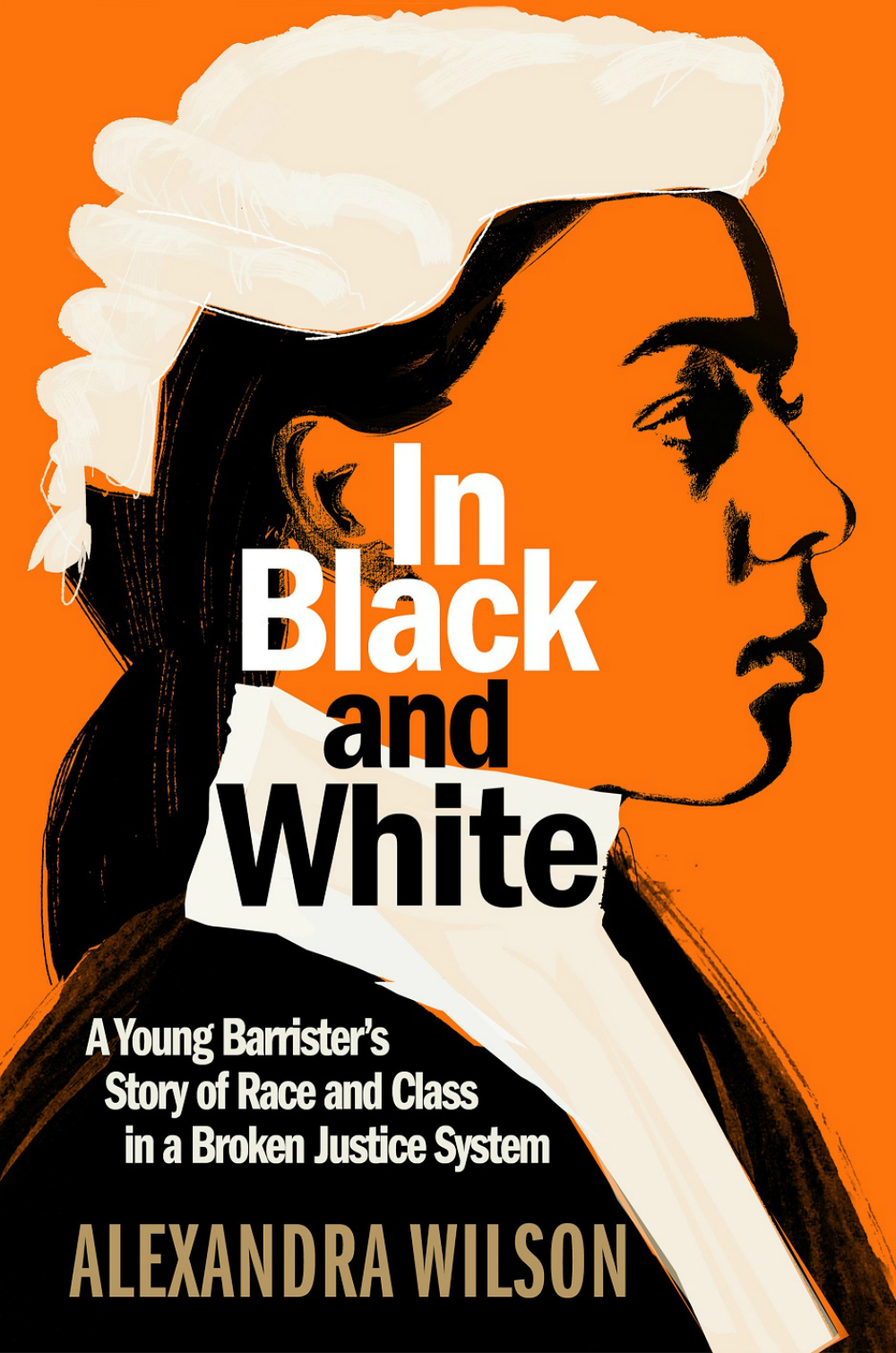
In Black and White: A Young Barrister's Story of Race and Class in a Broken Justice System by Alexandra Wilson is published by Endeavour, £16.99.
Alexandra Wilson is a young, female barrister speaking out about sexism, racism and class inequality at the very heart of the legal system. Her memoir, In Black and White, is out now.
-
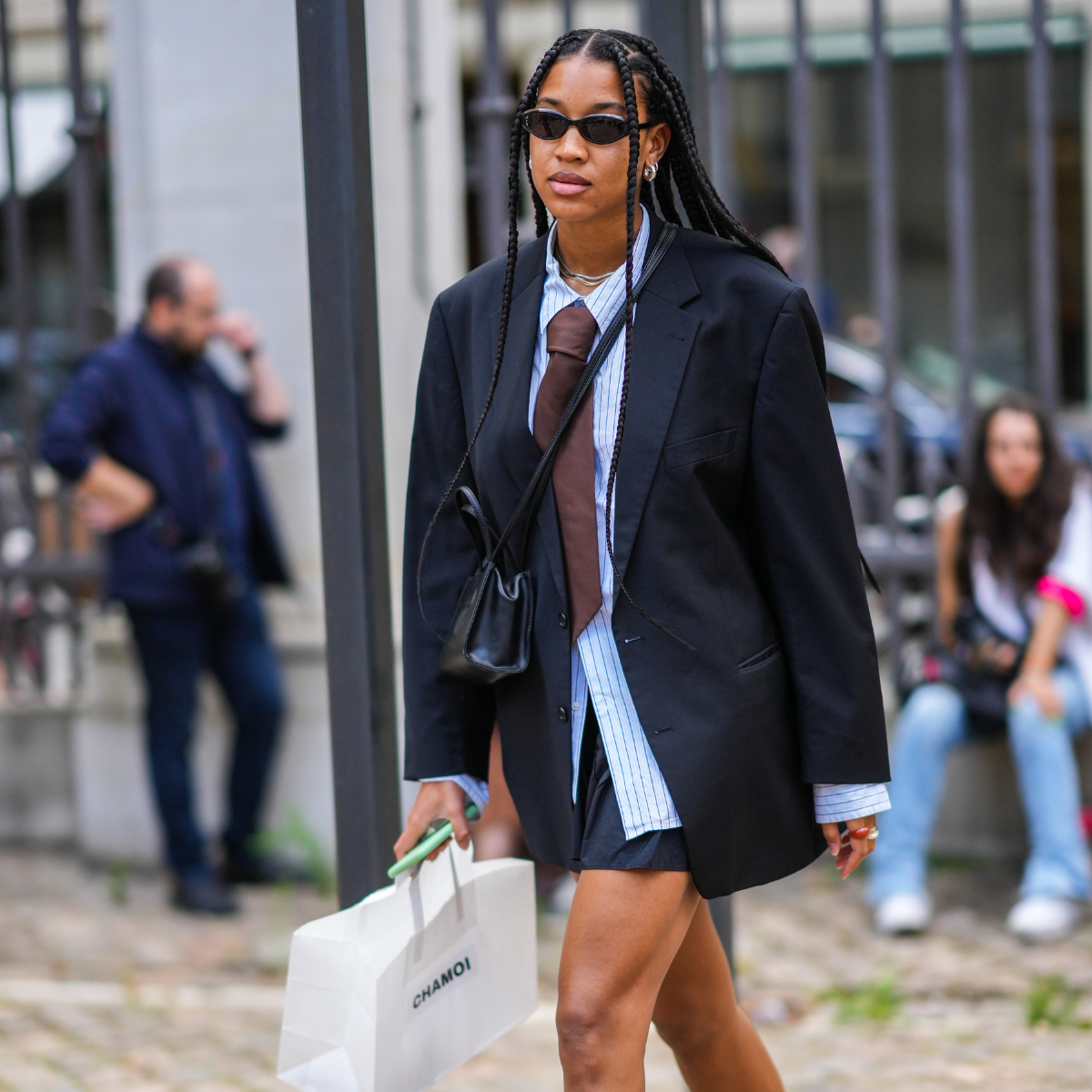 Ties are the unexpected cool-girl accessory to invest in this season
Ties are the unexpected cool-girl accessory to invest in this seasonSchool is in session
By Sofia Piza
-
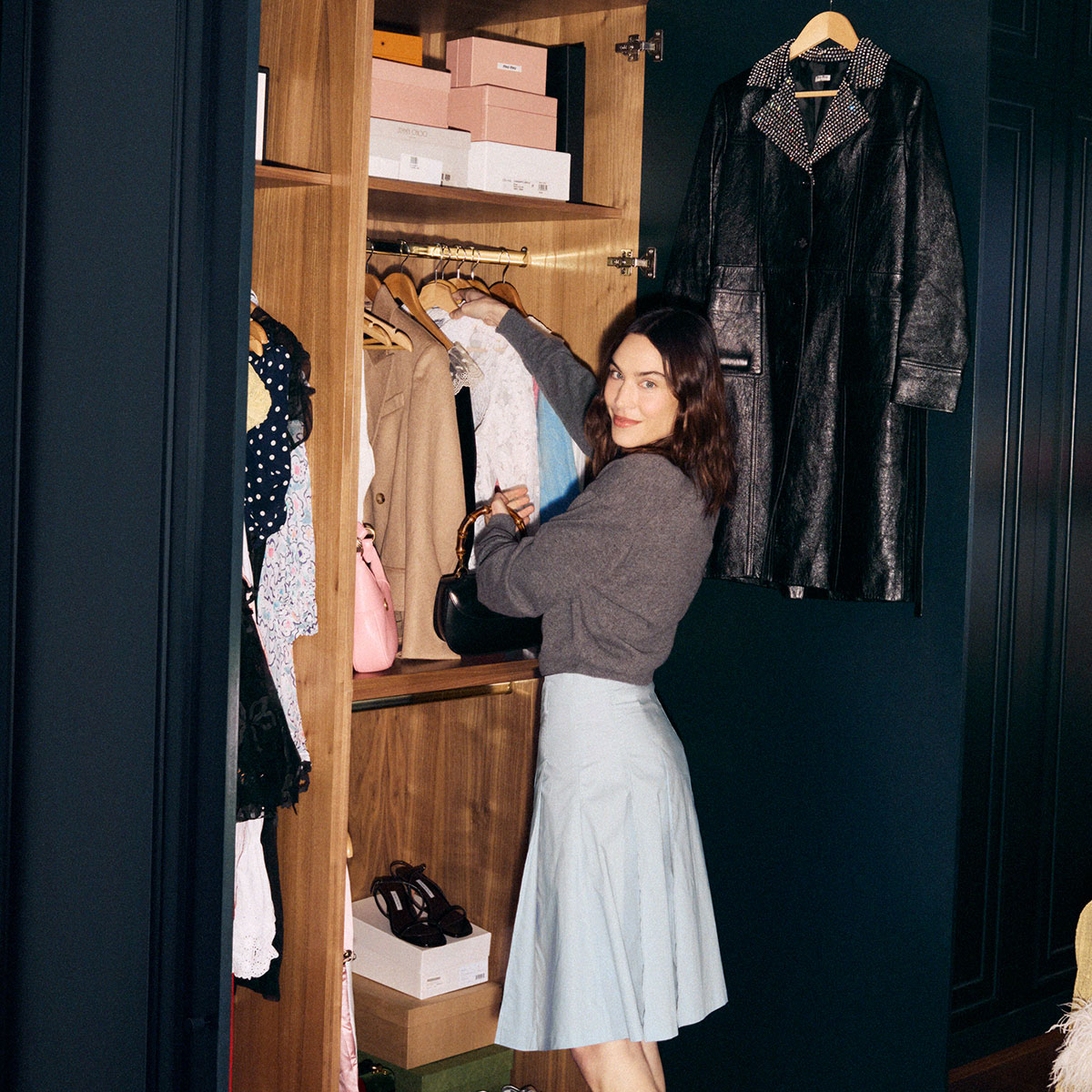 This is not a drill: you can now shop Alexa Chung's actual wardrobe on Vinted
This is not a drill: you can now shop Alexa Chung's actual wardrobe on VintedOwn a piece of sartorial history
By Penny Goldstone
-
 New Look’s spring collection has dropped—as a picky fashion editor, I’m seriously impressed
New Look’s spring collection has dropped—as a picky fashion editor, I’m seriously impressedSpring trends at affordable prices
By Jazzria Harris
-
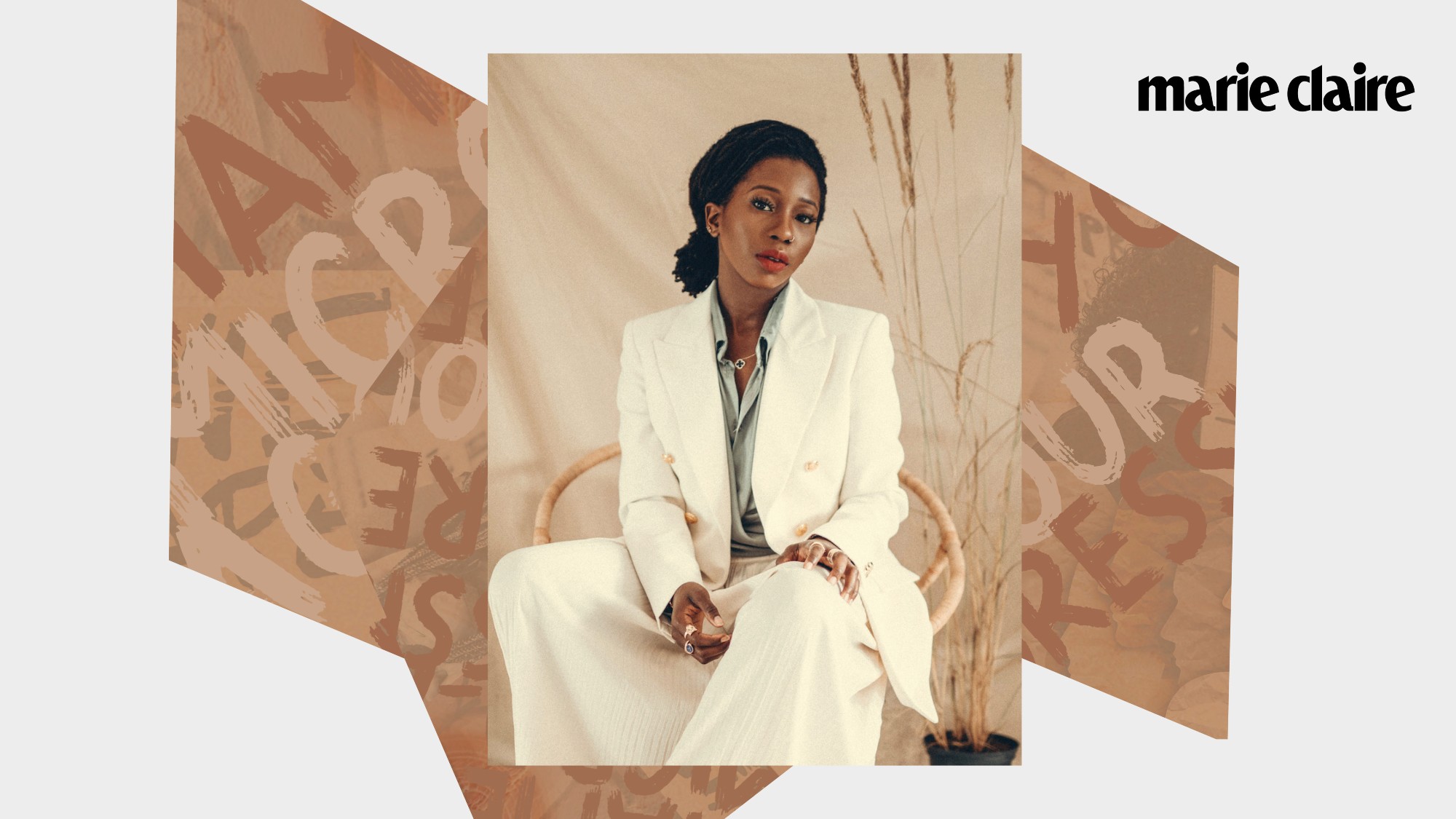 Racial micro aggressions some people don’t even realise are offensive
Racial micro aggressions some people don’t even realise are offensiveSharing her experience of this endemic symptom of racism, Dr Adanna Steinacker explains how we can all spot them and, more importantly, stop them forever
By Dr Adanna Steinacker
-
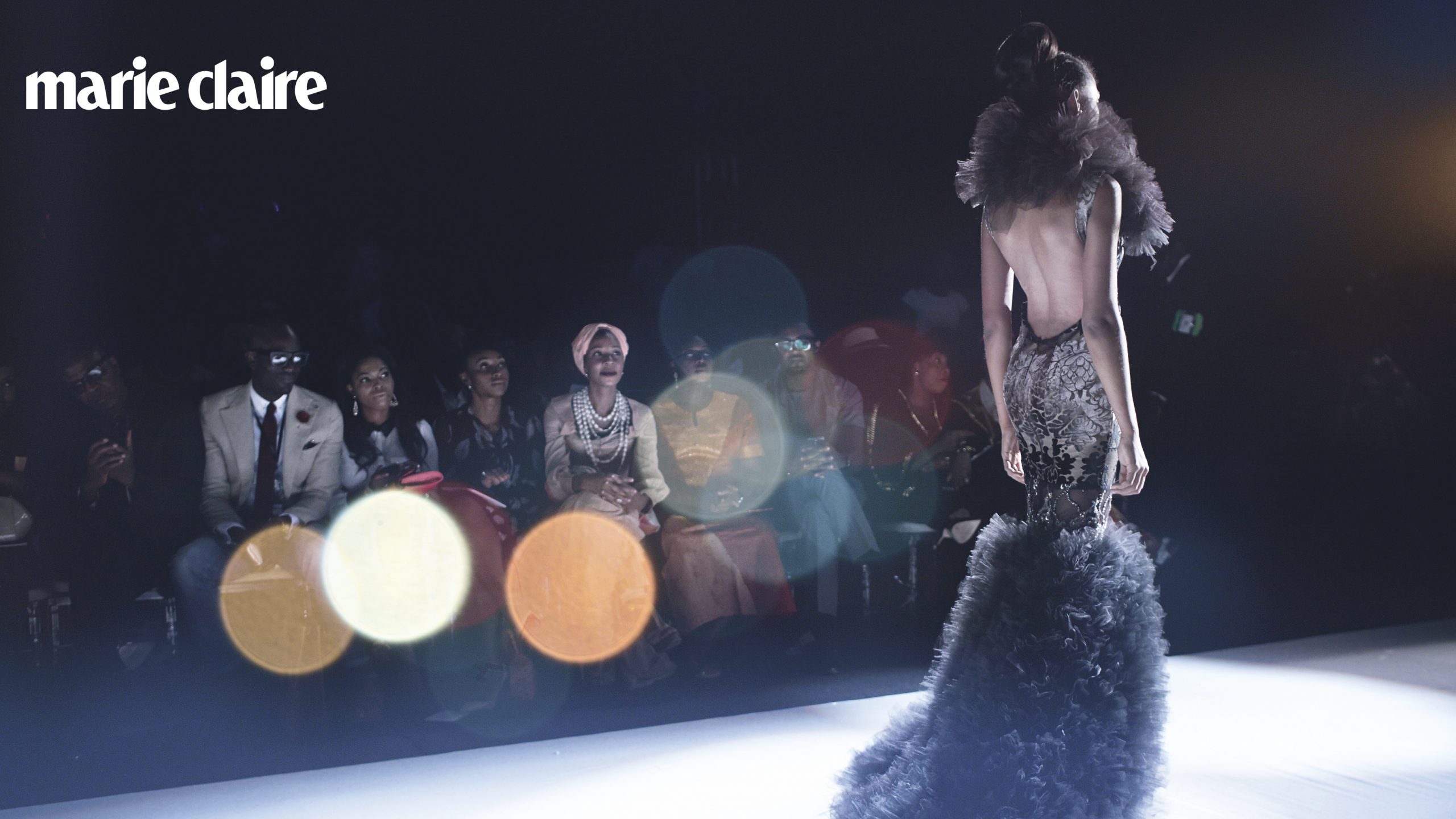 Models of colour: The reality of being Black backstage
Models of colour: The reality of being Black backstageThe modelling industry has a diversity issue, and it doesn’t just extend to the proportion of models with dark skin on runways and in photoshoots.
By Chloe Lovell
-
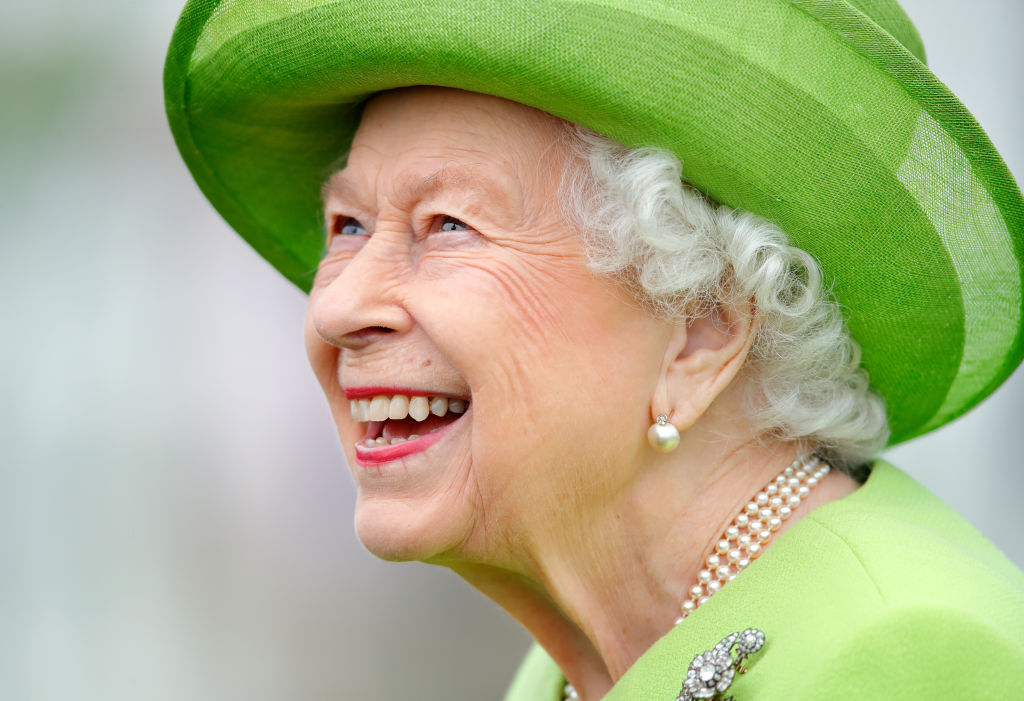 Feeling sad this week? Learn about the 5 steps of grief, plus how to avoid it consuming you
Feeling sad this week? Learn about the 5 steps of grief, plus how to avoid it consuming youAs the nation mourns Her Majesty The Queen.
By Ally Head
-
 "In the wake of BLM, corporations must be held accountable for their ethnicity gap"
"In the wake of BLM, corporations must be held accountable for their ethnicity gap"One year on from the murder of George Floyd, corporations both sides of the pond face questions as to whether they have fulfilled their promises to change their organisational structure, writes Jenny McCall
By Kate McCusker
-
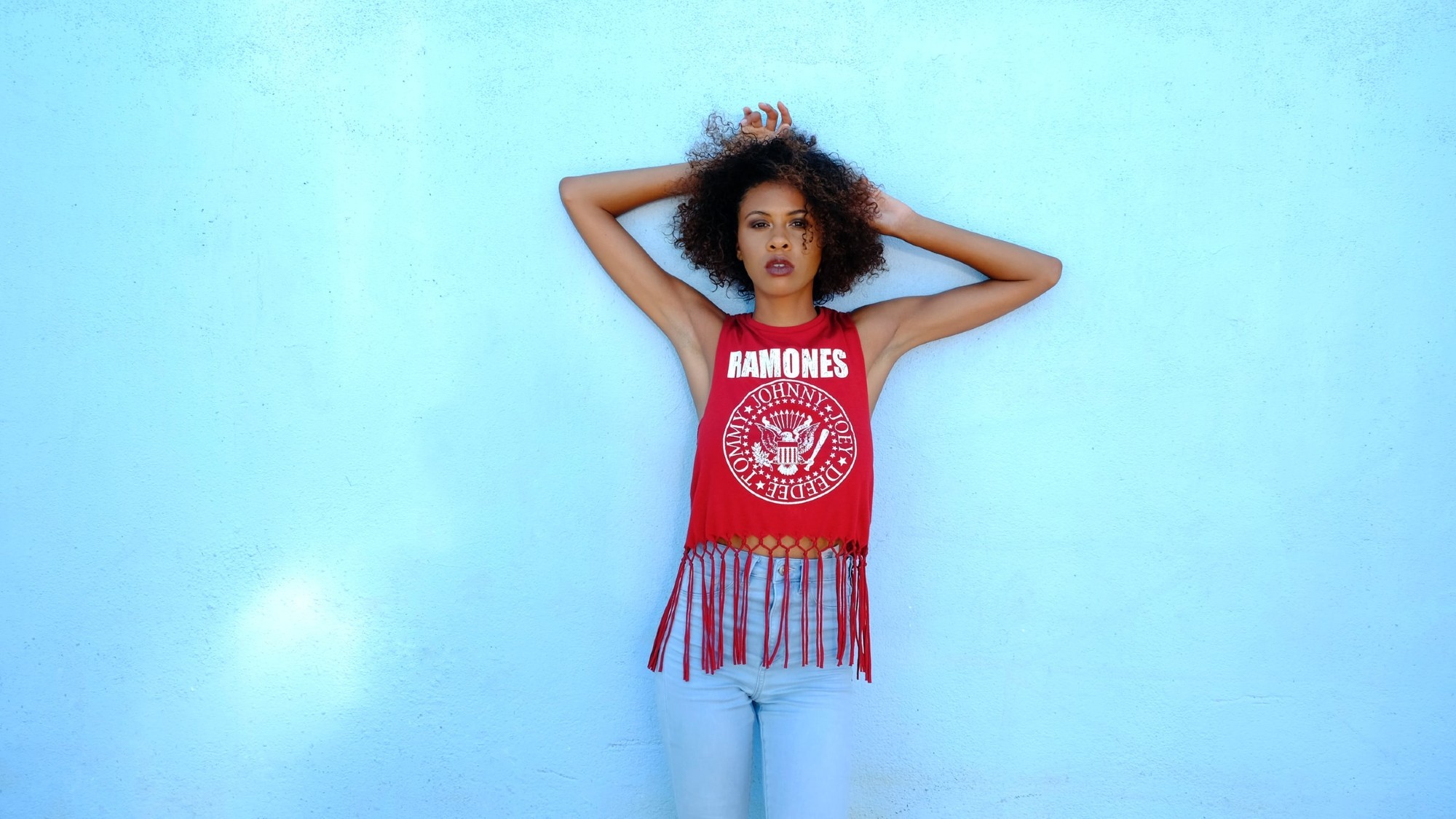 "My brown skin left me judging myself through the prism of other people's prejudices"
"My brown skin left me judging myself through the prism of other people's prejudices"Eva Verde always felt like an outsider in her white family. Now the author reveals how she reconnected with her lost roots for the sake of her young daughters
By Marie Claire
-
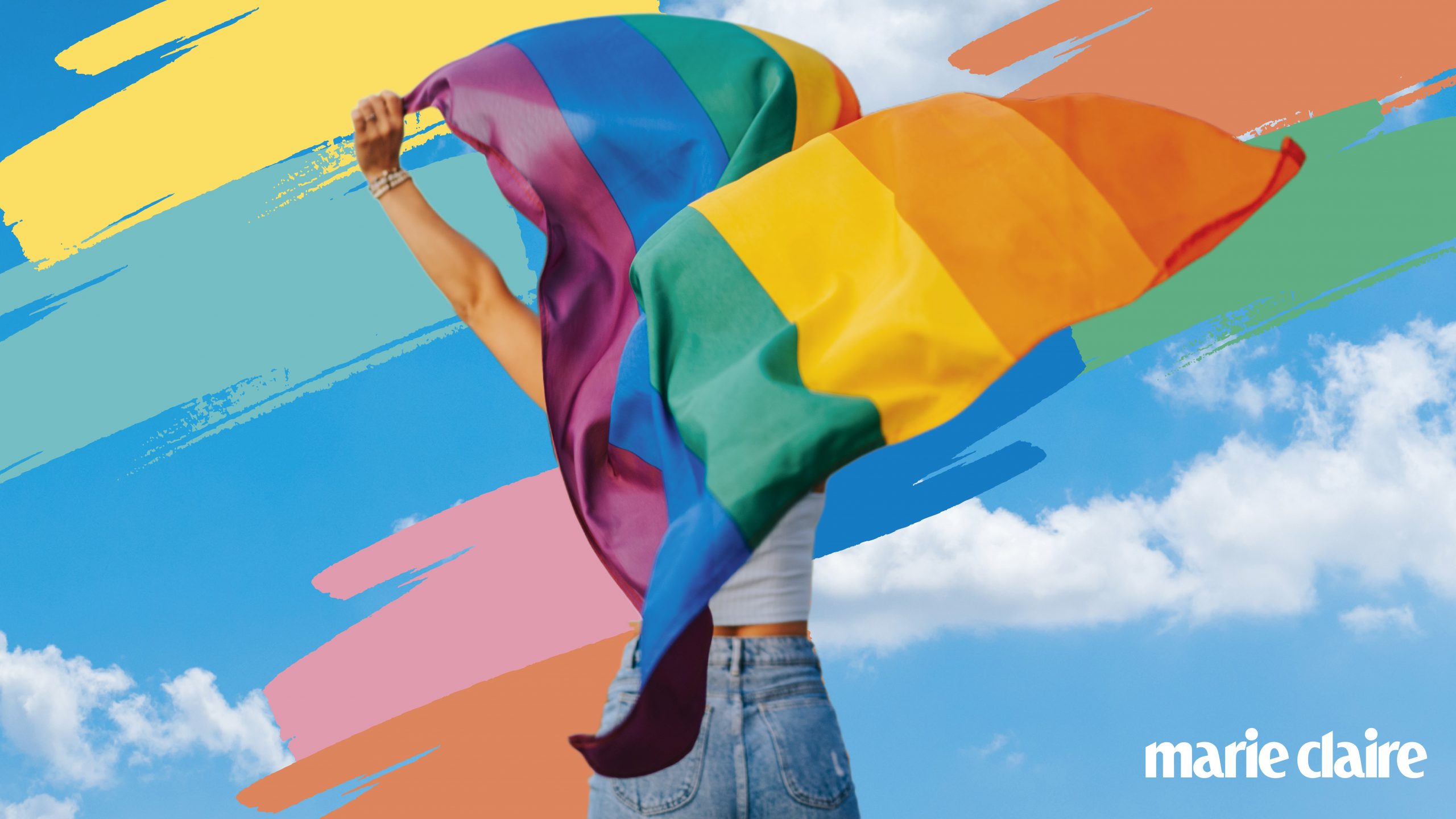 Pride events: 7 IRL and virtual celebrations to add to your calendar for 2021
Pride events: 7 IRL and virtual celebrations to add to your calendar for 2021Ready to celebrate?
By Rosie Grant
-
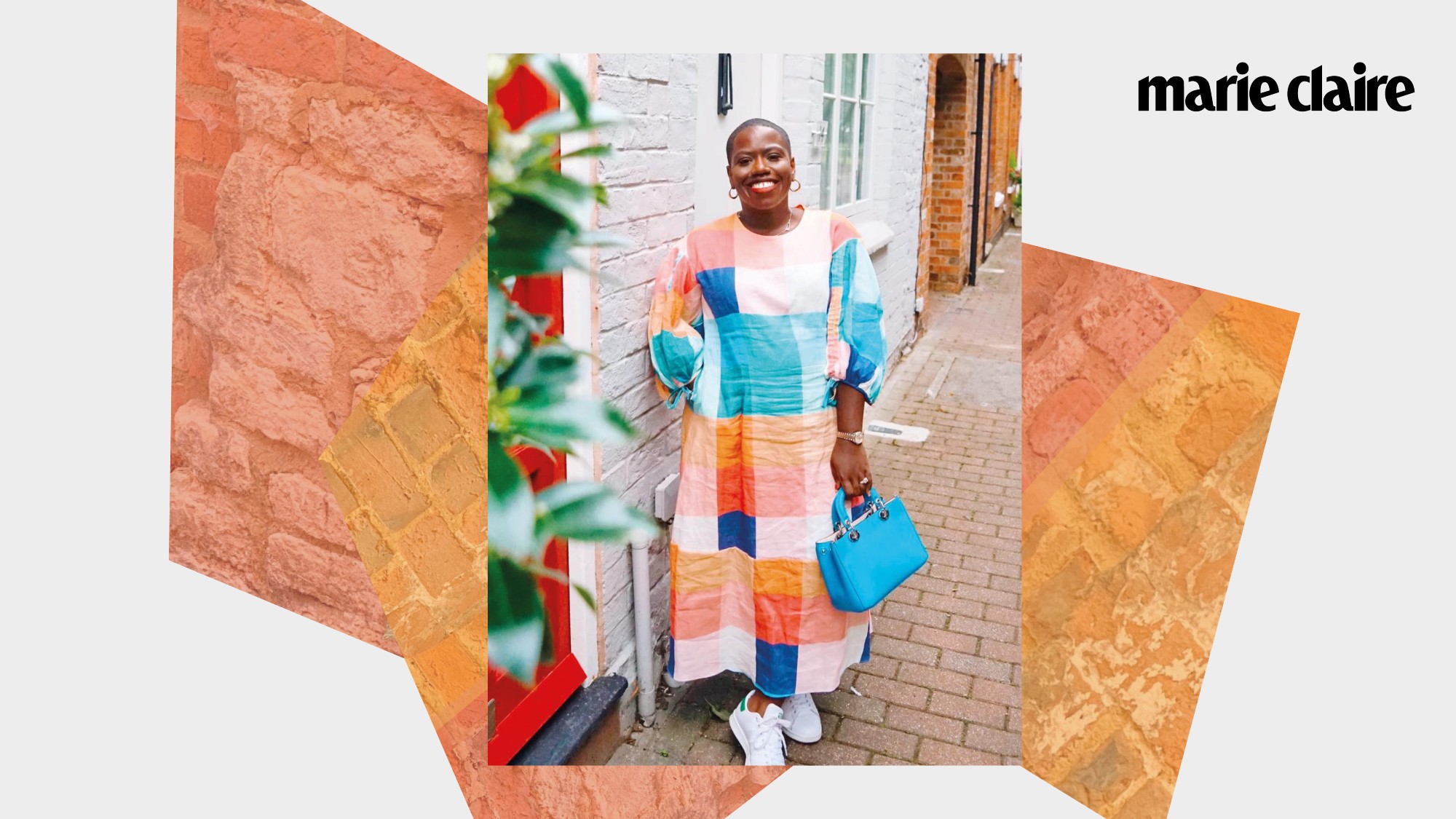 BLM 2021-Where Are We Now: "Change is infinitesimal," says Candice Brathwaite
BLM 2021-Where Are We Now: "Change is infinitesimal," says Candice BrathwaiteLooking outside her own echo chamber, Candice Brathwaite explains why she's not shocked at all that no meaningful change has happened despite a year of global protests and ferocious activism
By Maria Coole
-
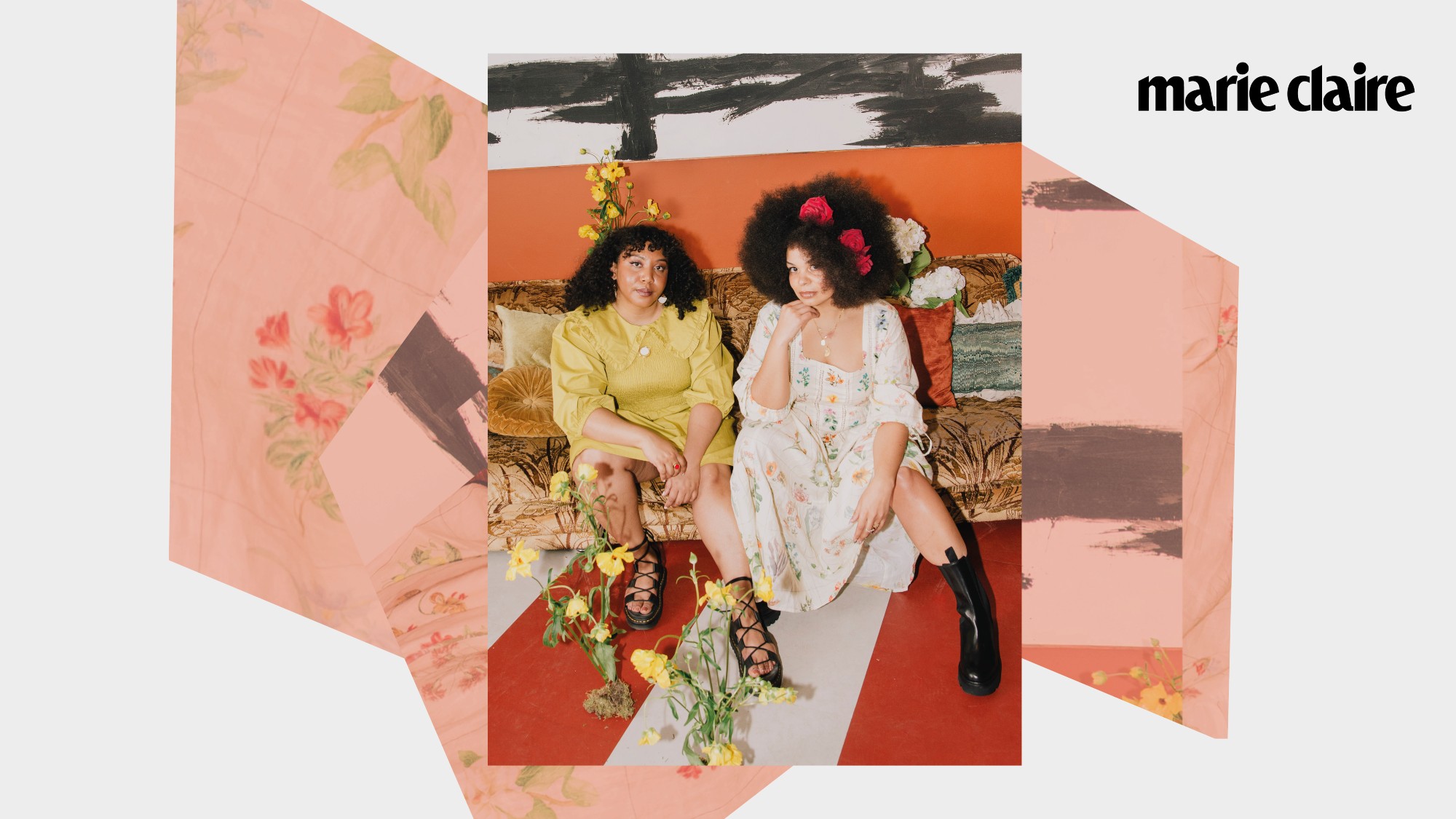 "What does being Mixed-Race mean?" writes podcasters Nicole and Emma
"What does being Mixed-Race mean?" writes podcasters Nicole and EmmaNicole Ocran and Emma Slade Edmondson explain why they were compelled to create a safe space where people discuss race and identity through the lens of Mixed-Race experiences
By Maria Coole